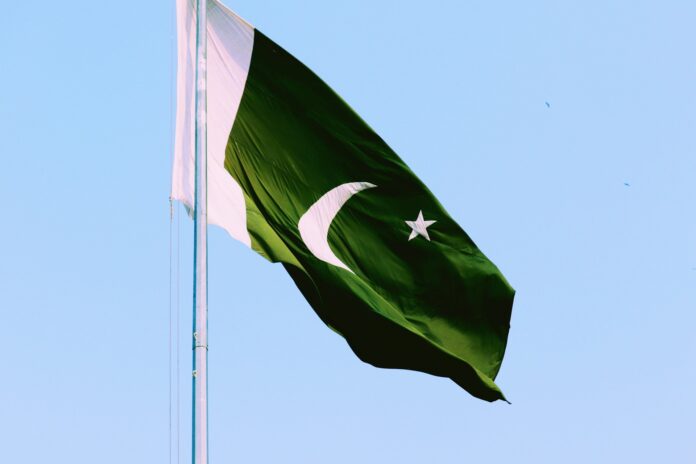The controversial preacher abruptly leaves an event honouring orphaned girls, claiming they cannot be referred to as “daughters” due to Islamic customs
Islamabad, Pakistan — Indian Islamic preacher Zakir Naik has stirred significant controversy during a recent event for orphaned girls held by the Pakistan Sweet Home Foundation. Naik, who was given a red carpet welcome by the Pakistani government, abruptly exited the ceremony when the host referred to the girls as “daughters.” His reasoning stemmed from Islamic teachings regarding gender interactions and the concept of “non-mahrams,” or individuals not closely related, whom he argued should not be addressed in such a manner.
As the ceremony unfolded, Naik was invited to present awards to the young girls. However, when the announcer affectionately labelled them “daughters,” Naik found the term inappropriate and insisted that they should not be touched or referred to as such. “You cannot touch them or call them your daughters,” he declared, underscoring his adherence to strict Islamic norms regarding interactions between unrelated males and females. This incident triggered an immediate backlash, igniting discussions on gender roles and the treatment of orphaned girls in Pakistan.
The event, aimed at empowering orphaned girls and recognising their achievements, was overshadowed by Naik’s hasty departure. Images from the ceremony showed a mix of confusion and disappointment among the attendees, many of whom had gathered to celebrate the accomplishments of the girls. Critics condemned Naik’s actions as out of touch with contemporary societal values, asserting that his views do not reflect the sentiments of many Pakistanis who advocate for the rights and dignity of women and children.
Following the incident, Naik is scheduled to deliver public speeches in several major cities across Pakistan, including Islamabad, Karachi, and Lahore. During these engagements, he is also expected to lead Friday prayer congregations. This visit marks a significant moment for Naik, who has been living in Malaysia since 2016 due to legal challenges in India. The Indian National Investigation Agency has charged him under the Unlawful Activities (Prevention) Act and various sections of the Indian Penal Code, linking him to the July 2016 Dhaka terror attack.
The Pakistani government’s welcoming of Naik has raised eyebrows, particularly given India’s calls for his extradition. Indian authorities have accused him of promoting extremism through his sermons, which are widely available on platforms like YouTube. The ongoing tension surrounding his presence in Pakistan highlights broader issues regarding religious extremism and the Pakistani government’s handling of controversial figures.
Naik’s reception in Pakistan has not been without criticism. His abrupt exit from the event has prompted discussions on the role of religious leaders in shaping societal attitudes towards women and children. The backlash against Naik reflects a growing movement in Pakistan advocating for gender equality and the rights of vulnerable populations, including orphans.
As Naik prepares for a series of talks in Pakistan, it remains to be seen how his views will resonate with the public. His insistence on traditional Islamic values continues to provoke debate among both supporters and detractors. The government’s support for Naik could have far-reaching implications, especially in a country where discussions on women’s rights are increasingly gaining traction.
The incident not only spotlights Naik’s controversial stance but also serves as a reminder of the ongoing struggle for women’s rights and recognition in a deeply patriarchal society. With Naik’s polarising views now at the forefront of public discourse, the discussions surrounding gender roles and the treatment of orphaned girls are expected to continue, highlighting the pressing need for dialogue on these critical issues.
As the situation develops, the potential impact of Naik’s public engagements on the societal perception of women and children in Pakistan will be closely monitored. Observers are keen to see if this controversy will lead to meaningful conversations around the rights and treatment of vulnerable populations, or if it will further entrench polarising views within the community.
